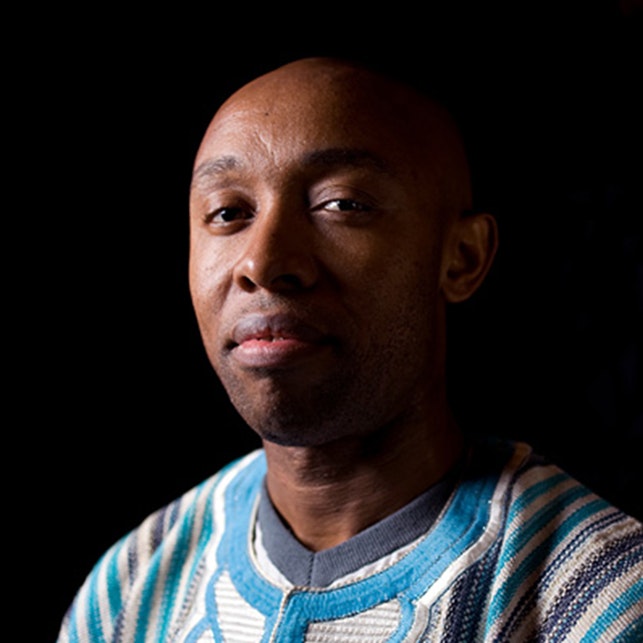The Right to Information in Africa: Five Years of Dramatic Change
By Maxwell Kadiri & Chidi Odinkalu
As the rights revolution unfolded in Africa over the past two decades, one area in particular lagged behind: the right to information. Just five years ago, only four African countries—South Africa, Angola, Zimbabwe and Uganda—had freedom of information laws. The idea that citizens with access to information could play a significant role in promoting open and equitable governance was not, it seems, enthusiastically embraced by those in power.
But over the past five years, there has been some dramatic movement, at least on the statute books. New freedom of information laws have been adopted by Ethiopia, Guinea, Liberia, Niger, Nigeria and Tunisia; similar legislation is presently in advanced stages or nearing adoption in several other African countries, including Botswana, Ghana, Kenya, Mozambique, Namibia, Rwanda, Sierra Leone, South Sudan, and Zambia.
And next year this process could get a significant boost. In 2013, Africa’s regional human rights commission will hopefully approve a model freedom of information (FoI) law, which will provide a basic template for individual countries who want to enact their own. The effort to adopt this standard is the result of an unusual advocacy partnership, which brought together the commission’s special rapporteur on the right of access to information and a civil society coalition led by the Open Society Justice Initiative and the University of Pretoria’s Centre for Human Rights.
This effort can be traced back to November 2007. Then, the African Commission on Human and Peoples’ Rights resolved to expand the mandate of its existing special rapporteur on freedom of expression to include an additional mandate, covering the right of access to information in Africa. Pansy Tlakula, a South African lawyer, was chosen to implement this new joint mandate.
By far the most ambitious project she has so far undertaken was the convening of the process for the adoption of the Model FoI Law for Africa. When the commission gave her the authority to proceed with this project in 2010, many felt that this was more an exhortation in hope than expectation.
But Ms Tlakula has delivered. By 2011, an initial draft of the model law was put out for consultation. In October this year, the African Commission reviewed the draft model law at its 52nd ordinary session in Yamoussoukro, Côte d’Ivoire; it provided useful feedback to the special rapporteur and her project team on the basis of which the draft is currently being finalized. The commission is expected to schedule the draft model law for final consideration and possible adoption sometime in 2013.
This rapid progress was supported by Ms Tlakula’s decision to seek the support of civil society groups and networks: she asked the Centre for Human Rights at the University of Pretoria to lead the technical process of writing the model law; the Open Society Justice Initiative helped organize consultations and assistance from a range of civil society organizations.
The resulting draft law comprises nine parts, made up of 107 Sections/Articles. Among its most salient features: it affirms the existence of the public’s right to know; expands the scope of this right beyond public institutions to include private institutions that utilize public funds, provide public services or perform public functions or where such information is required for the protection of human rights; mandates the proactive disclosure of certain categories of information; establishes timelines for response to requests for information; and provides an architecture for access to information (ATI) oversight mechanisms to ensure effective and prompt resolution of ATI related disputes.
The process of preparation of the draft model law has already yielded two far-reaching and complementary outcomes. First, the draft model law has already been influential in on-going processes of preparing FoI laws in some African countries, including Botswana, Egypt, Ghana, Mozambique, Rwanda, Sierra Leone, Zambia, Kenya, and South Sudan. In Namibia, it was used as a ready source in preparing ATI draft legislation now under consideration for enactment. Secondly, this process has also resulted in the creation of a genuinely African movement for access to information with deep roots across the continent, drawing participation from government institutions, civil society, development institutions, the media and academic institutions.
With these developments, the future of effective citizenship participation in government in Africa founded on the right of access to information looks exciting. Enacting a new law is only the first part. It is to be hoped that the special rapporteur, and this growing ATI movement in Africa inspired by her, will turn their attention to the effective implementation of this new raft of ATI laws on the continent.
Maxwell Kadiri is a senior legal officer on the Africa regional work of the Open Society Justice Initiative.

Until November 2021, Chidi Odinkalu was senior managing legal officer for the Africa Program of the Open Society Justice Initiative.